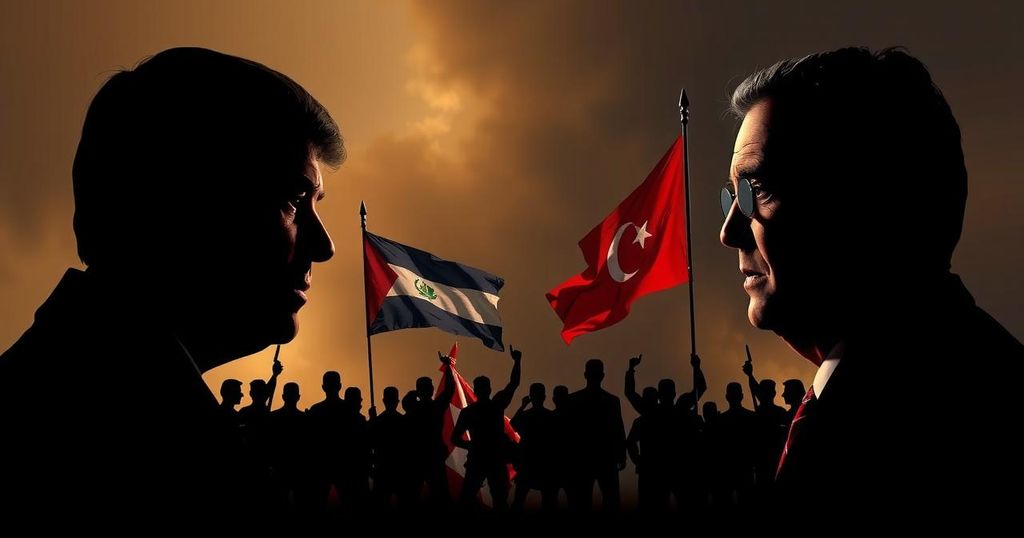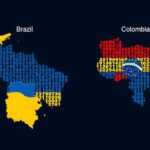Maduro Criticizes Borrell Amid Electoral Disputes and Gaza Tensions
Nicolás Maduro, the President of Venezuela, has expressed strong criticism towards the European Union (EU) and its chief diplomat, Josep Borrell, in light of recent commentary regarding the integrity of Venezuela’s presidential election results. Amidst escalating tensions, Maduro accused Borrell of supporting what he termed a “holocaust” in Gaza, condemning him as complicit in the ongoing violence there, even as Borrell is recognized as one of the EU’s most vocal critics of Israel’s actions in the region.
In his statements delivered in Caracas, Maduro focused his ire on Borrell, asserting that the EU diplomat has been misled by the United States and is perpetuating hostility towards Russia in the context of the conflict in Ukraine. This verbal confrontation follows a public statement made by Borrell which referenced the availability of voting records indicating that opposition candidate Edmundo González Urrutia may have won the Venezuelan election by a significant margin. Borrell highlighted an alarming political crisis in Venezuela, characterized by widespread protests from opposition supporters contesting Maduro’s claims to have secured a narrow victory of 51.2% in the July election, which they argue is contradicted by evidence showing a potential loss of approximately 3.5 million votes.
The Supreme Court of Venezuela, predominantly composed of Maduro loyalists, upheld the president’s re-election, categorically rejecting claims of electoral fraud, and asserting that the opposition’s published vote tallies were falsified. This judicial backing has been met with stern repudiation from the United States and ten Latin American nations, which formally rejected the court’s findings.
In light of these developments, the EU has called for the National Electoral Council (CNE), largely influenced by Maduro’s regime, to release comprehensive and verified electoral results to authenticate the legitimacy of the elections. The EU has stated that only verifiably accurate and complete election results will be considered valid and acceptable, emphasizing the need to respect the democratic will of the Venezuelan populace. A spokesperson for the EU’s foreign affairs, Peter Stano, reinforced this position by indicating that there are significant discrepancies between reported results and actual counting, a conclusion also reached by the United Nations. The EU’s foreign ministers are set to convene in Brussels to deliberate on their approach to the Venezuelan political crisis, with any proposed measures requiring unanimous consent from all EU member states.








Post Comment